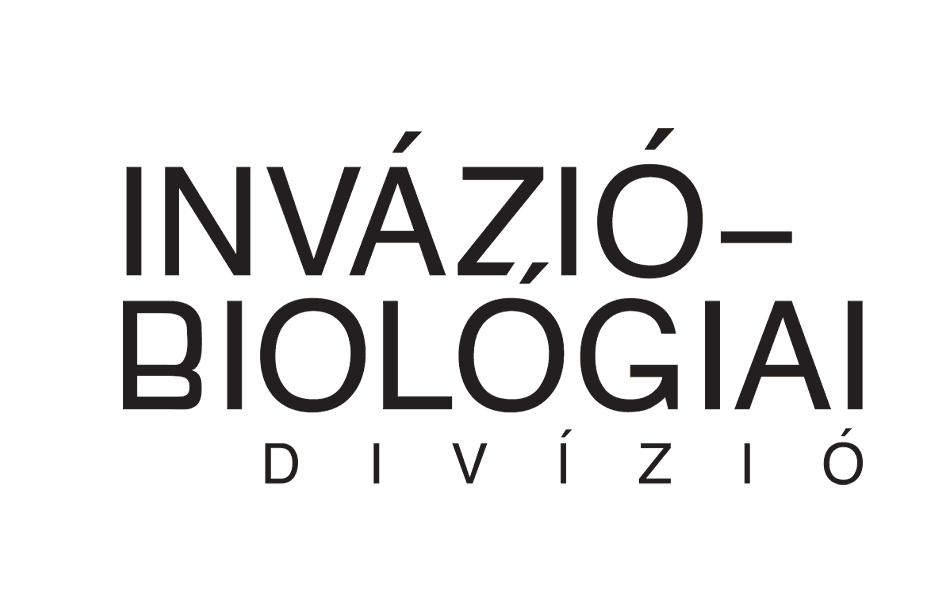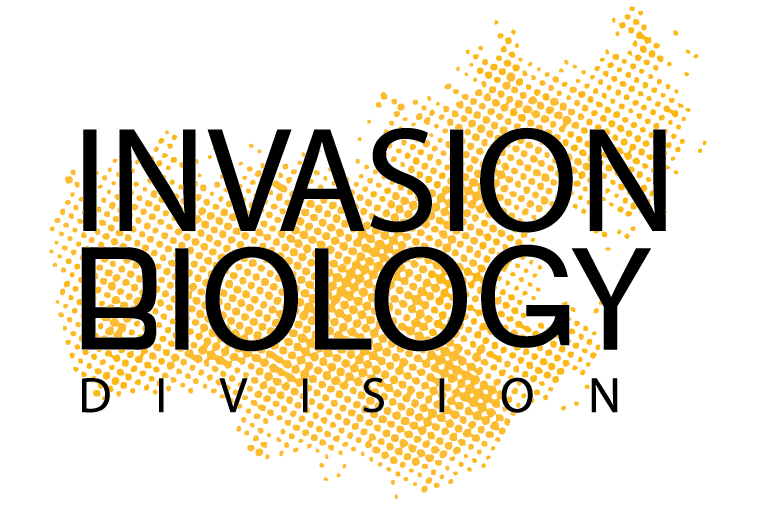Media
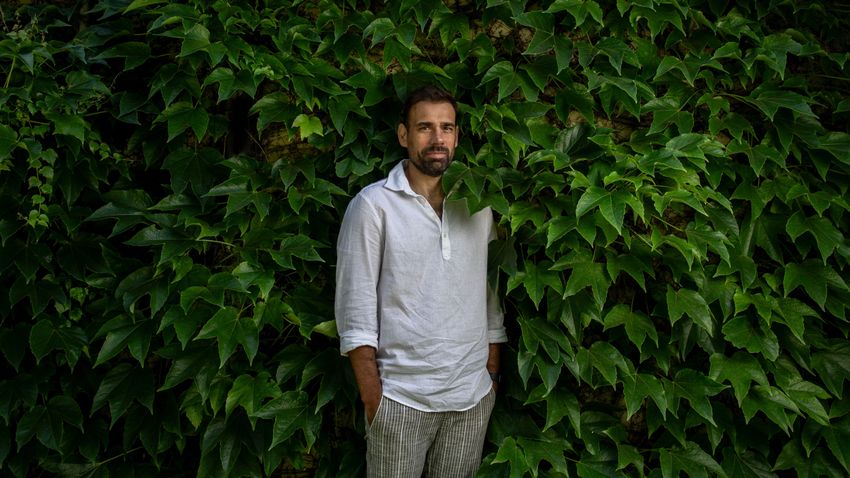
László Zsolt Garamszegi on the mission of ecologists, invasive plants and the future
One of the goals of ecologists is the early detection of environmental disasters to prevent unwanted processes such as epidemics.
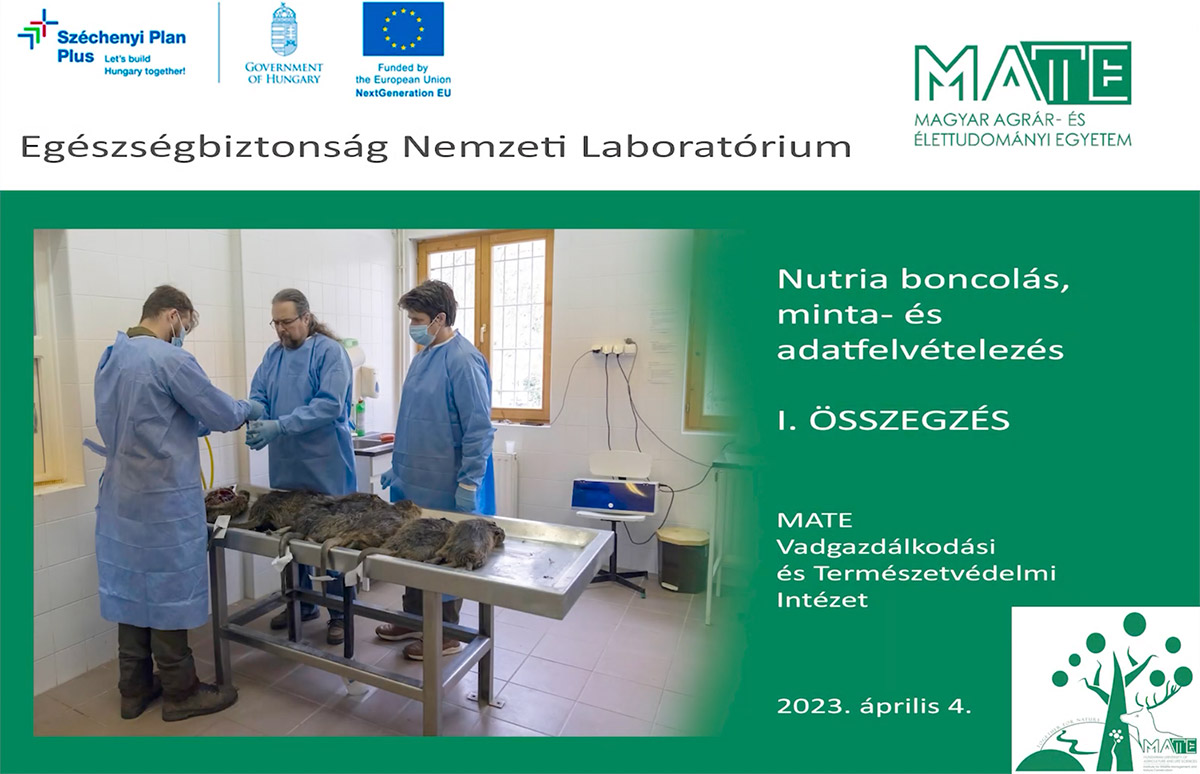
Nutria project
Herbivore Research Group of MATE Institute for Wildlife Management and Nature Conservation Department of Wildlife Biology and Management aims to […]
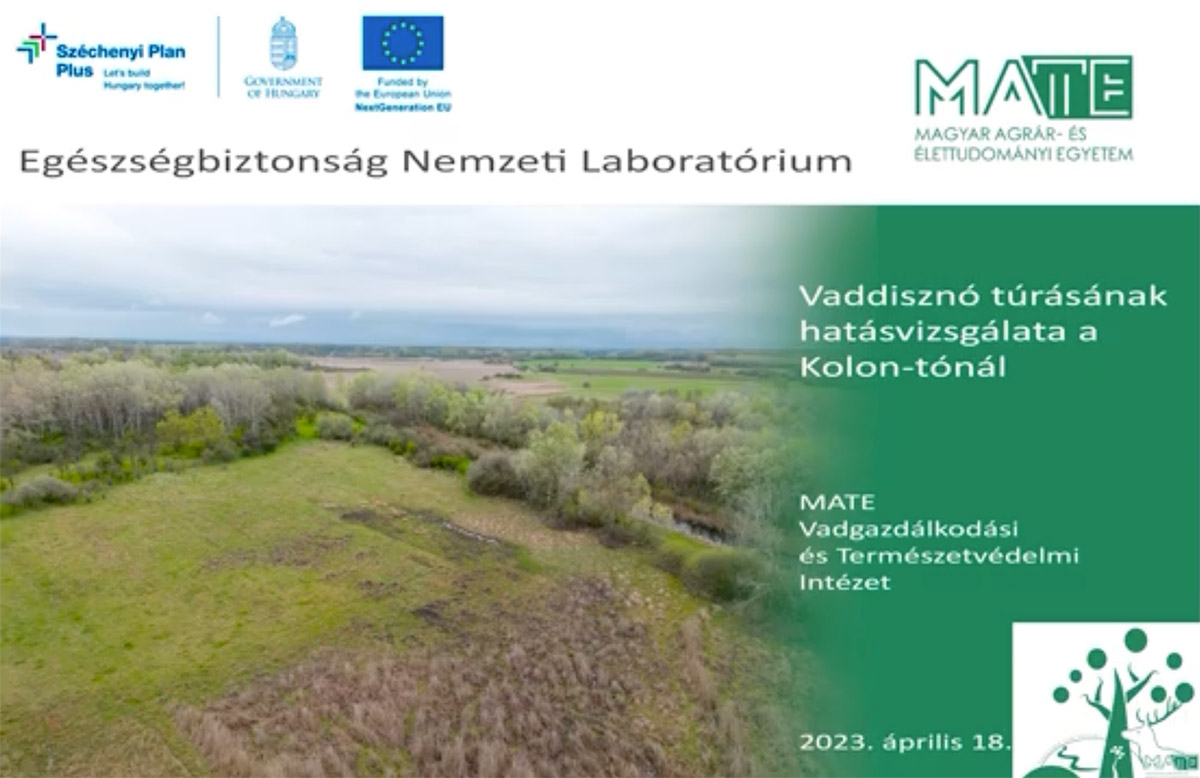
Impact assessment of wild boar hiking at Lake Kolon and Vöröskőváron
Herbivore Research Group of MATE Institute for Wildlife Management and Nature Conservation Department of Wildlife Biology and Management aims to study the impact of digging on soil quality, the occurrence of invasive plant species in the soil seed bank and vegetation, and other animal species.
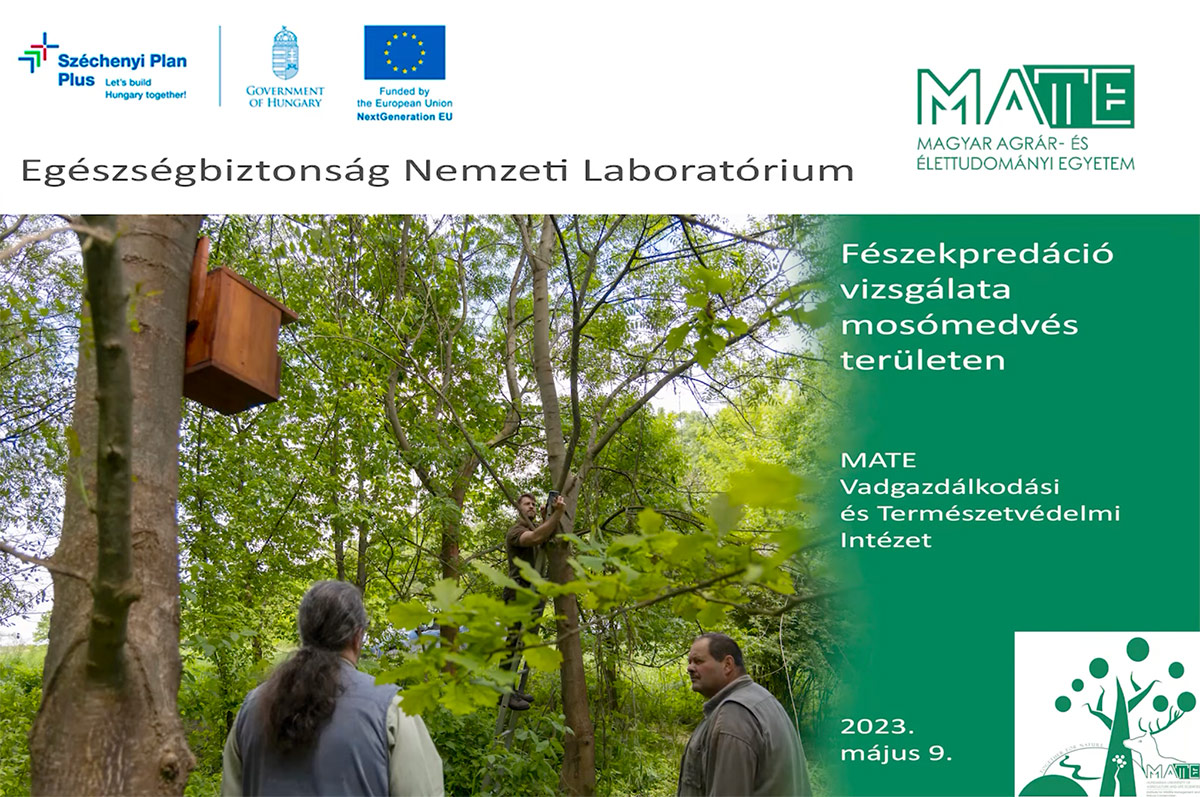
Raccoon predation of nests
The raccoon appeared in Hungary in recent decades. As an invasive, non-native predator species, it may have unknown effects on […]

Why do we want to protect the rhinoceros if we don’t want to save its parasites?
Tamara Szentiványi, a researcher from Invasion Biology Division, talked about research and conservation of endangered parasite species in an article for Qubit.
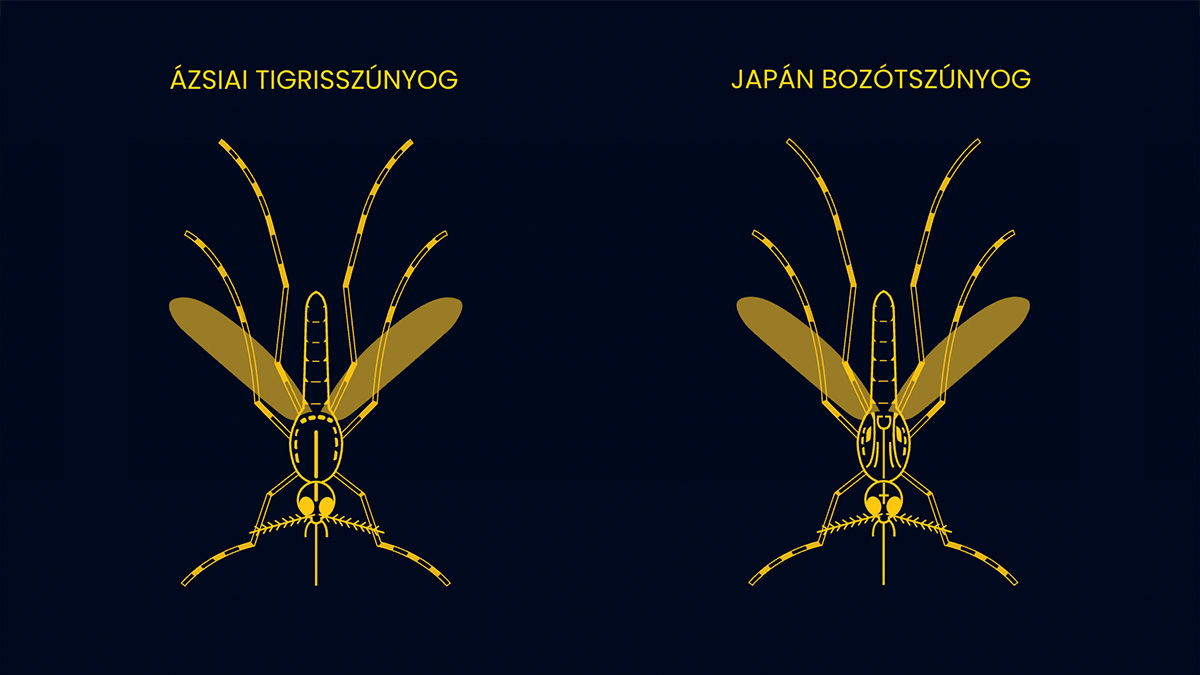
Invasive mosquitoes attack
Researchers are asking for the public’s help in monitoring the spread of invasive mosquitoes.

Garden in the cube – Problems and solutions to biological invasions
A discussion on 13 May 2023 explored the process of how invasive species cause problems and how to deal with […]
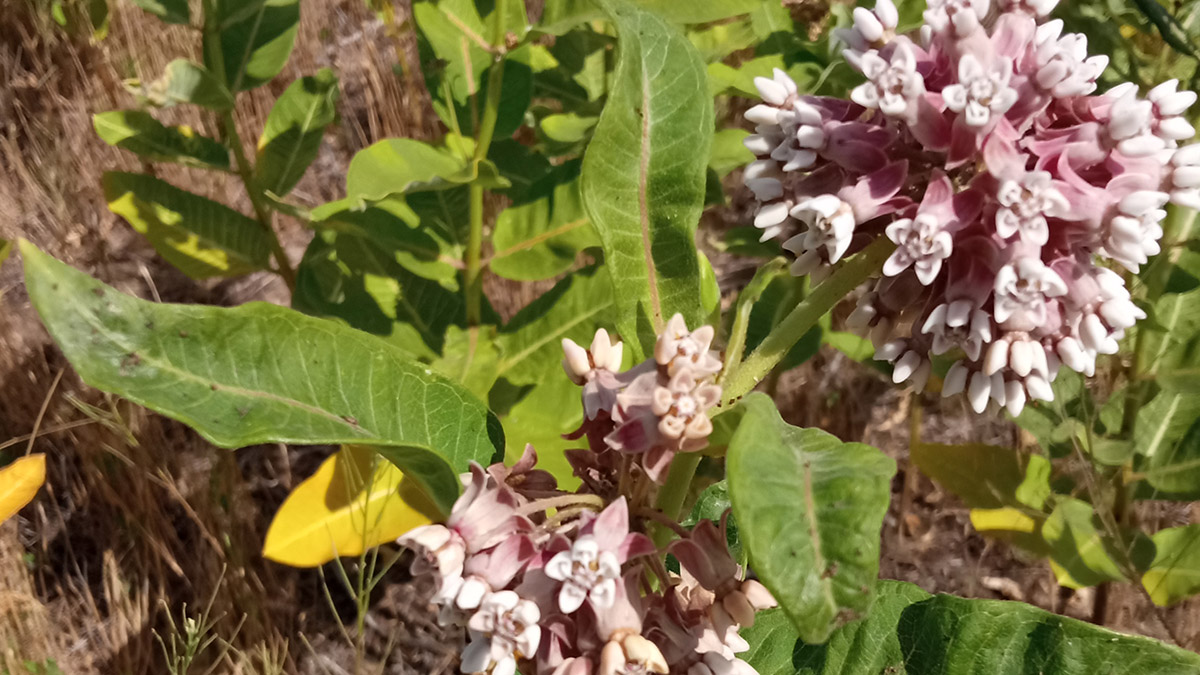
The Invasion Biology Division of the National Laboratory for Health Security was established
The Invasion Biology Division of the National Laboratory for Health Security was recently established under the leadership of the Centre […]
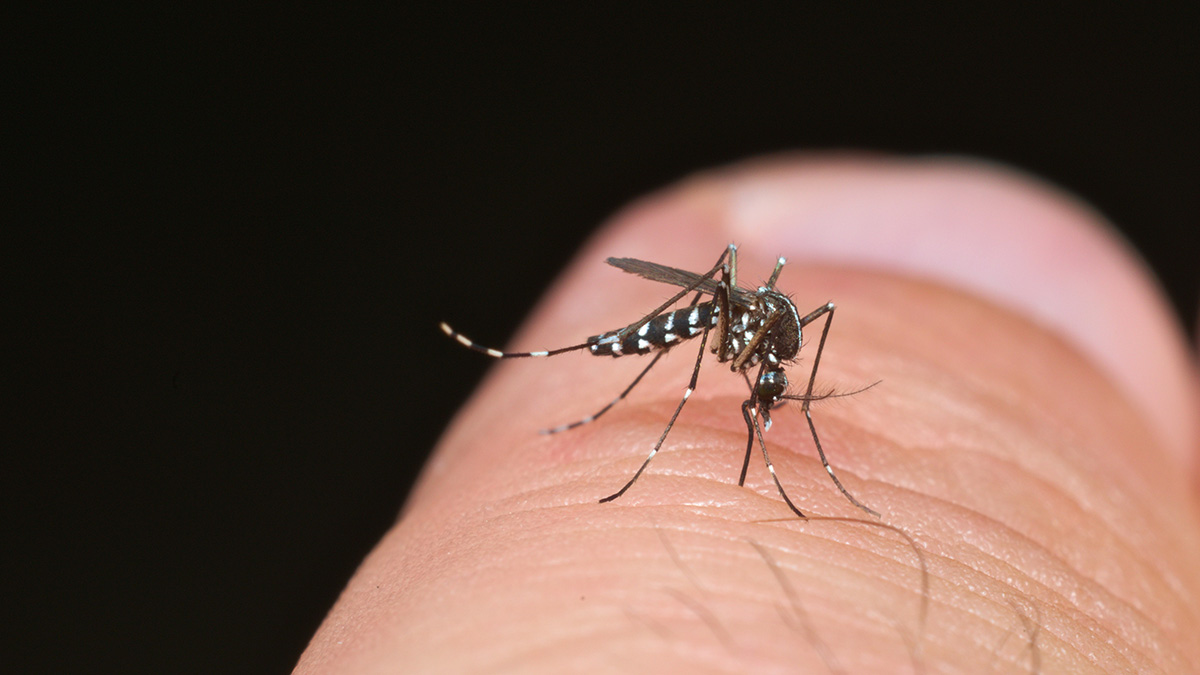
Invasion Biology Division’s goals and work
In this interview, Zsolt László Garamszegi, Director General of the Centre for Ecological Research and Head of the Division, describes […]
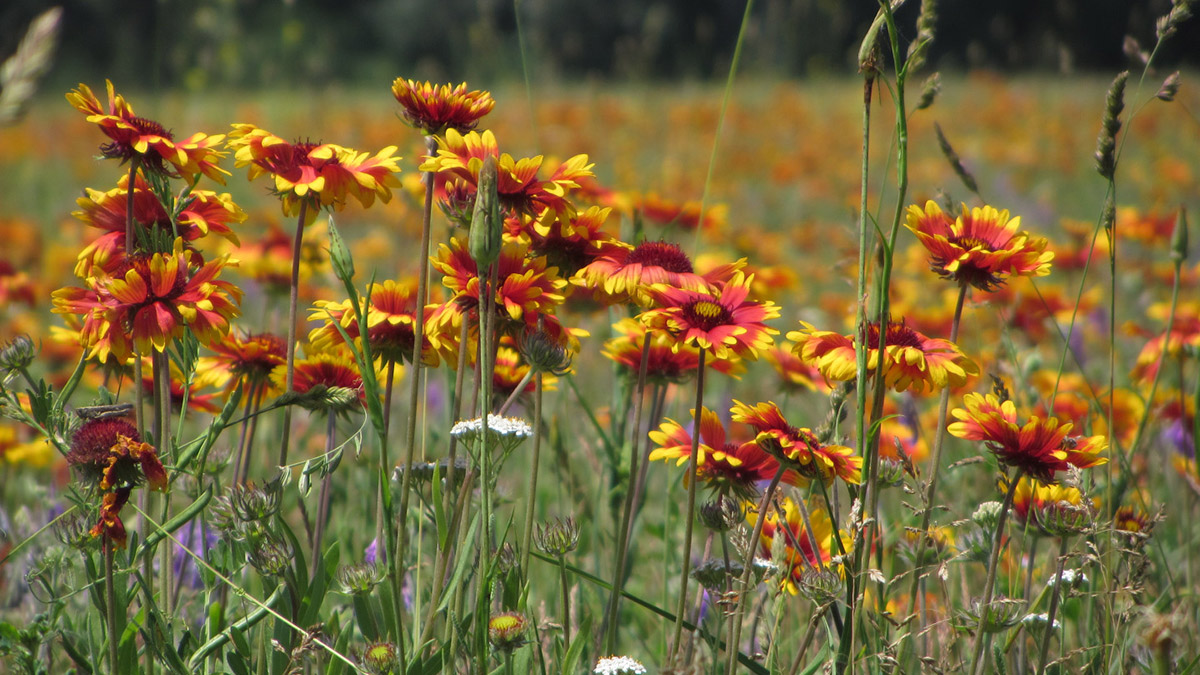
Green Club
Dr. Gabriella Süle, Research Associate, Centre for Ecological Research – Ornamental plants are a major source of invasive species.
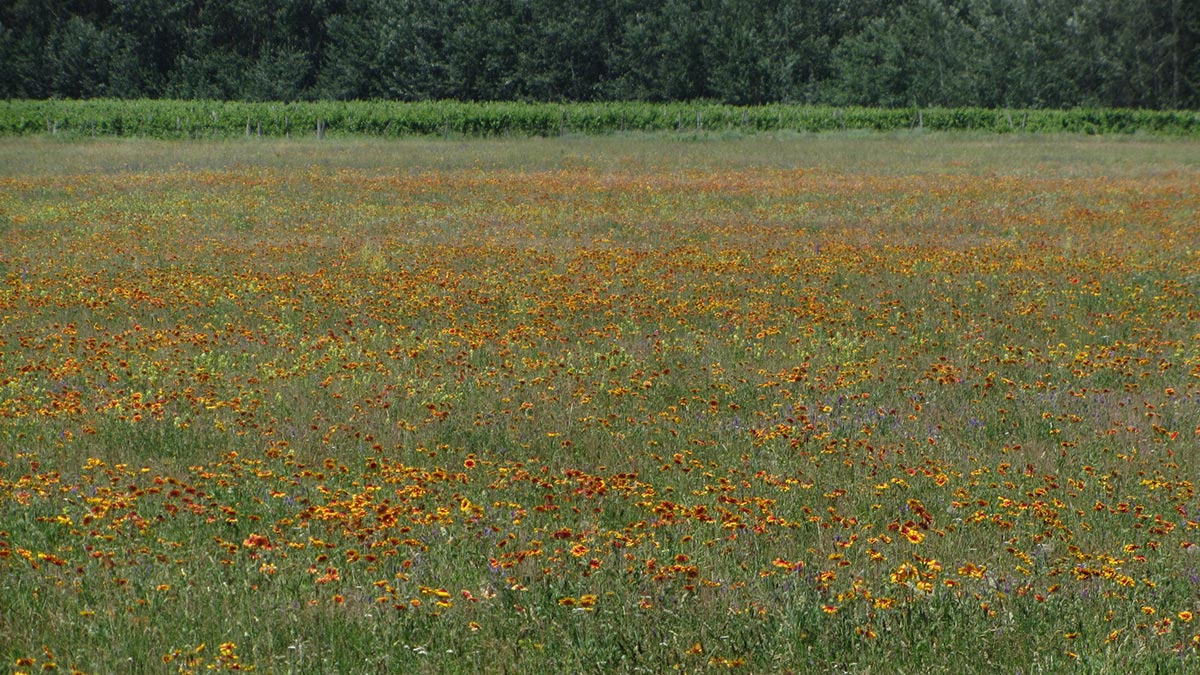
It’s a beautiful flower, but it would be better if it didn’t get out of control
The blanket flower, native to North America, is widely known among hobby gardeners, but it escaped from small gardens and […]
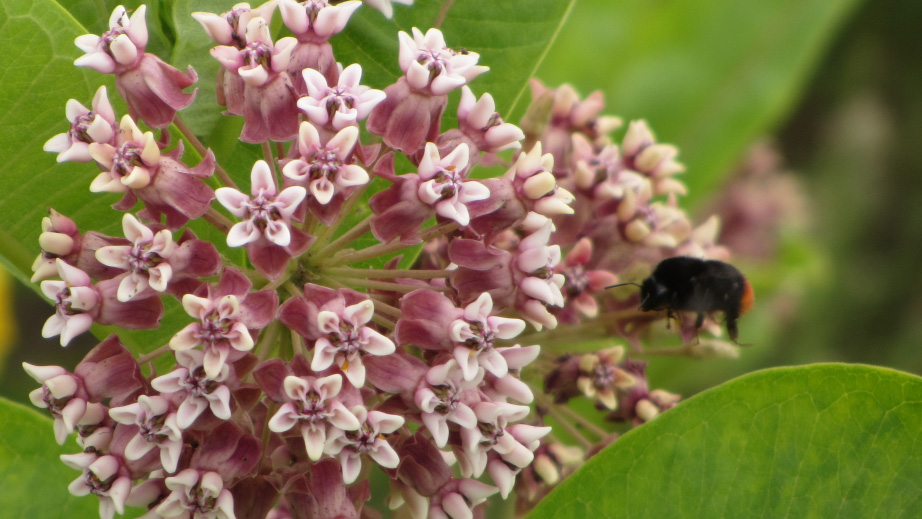
Battle of the flowers – how a flower can be harmful to bees
As invasive plants significantly transform their environment, the declining pollinator insects are suffering another setback: they are becoming like the […]
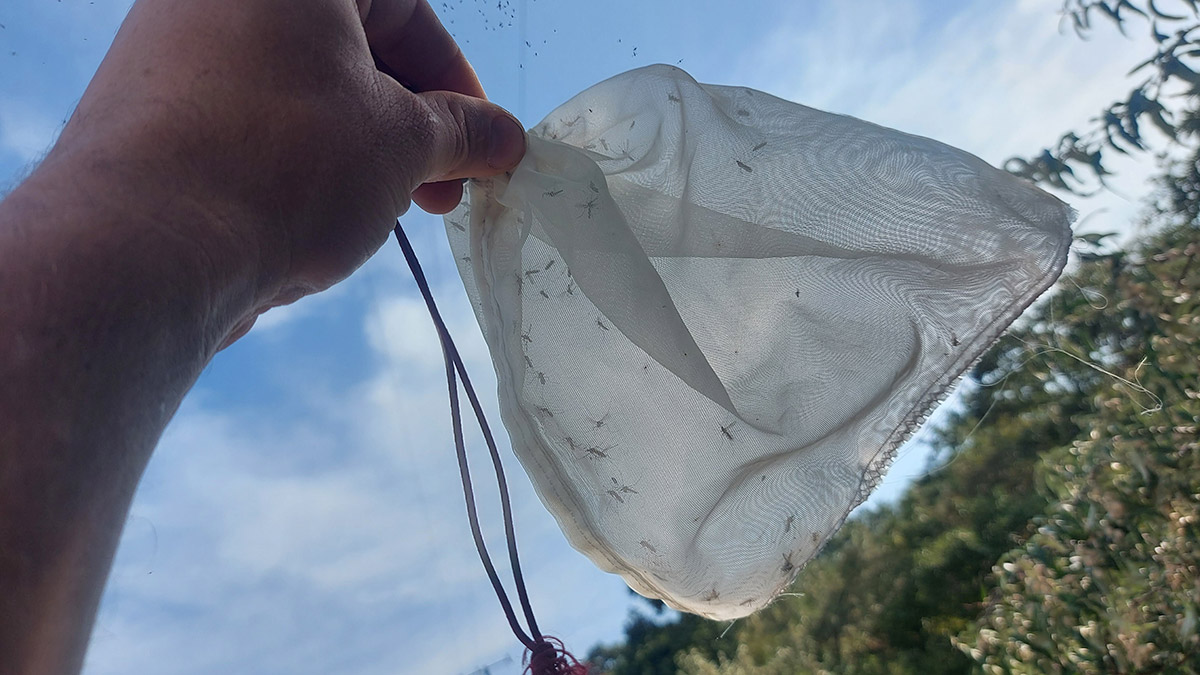
Researchers have so far found no viruses dangerous to humans in the invasive mosquitoes spreading in Hungary
In 2019, the ELKH Ecological Research Centre (ERC) launched its Mosquito Monitor project, a researcher-society collaboration to assess the intensive […]

Tamara Szentiványi used citizen science to track down the mosquitoes that spread a serious dog disease
In an increasing number of scientific fields, researchers are trying to involve enthusiastic ordinary people in their work.
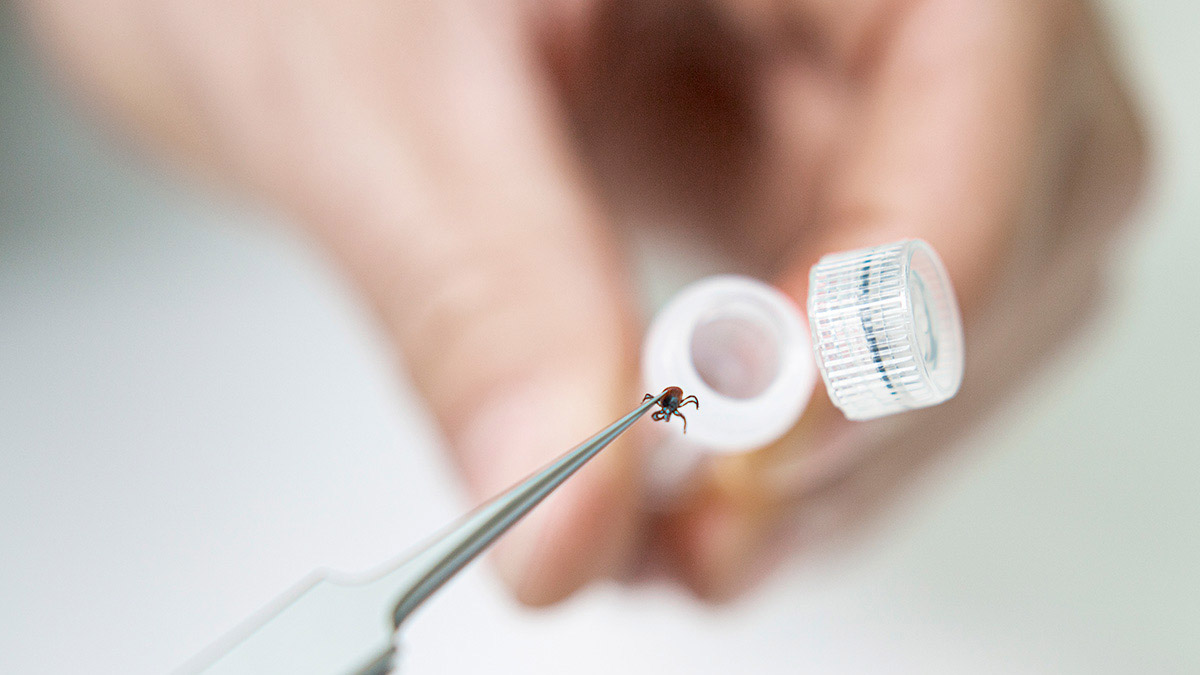
Ecological and invasion biology research cannot be separated from pandemic prevention – Health Security National Laboratory established in Szeged
The main objectives are epidemic prediction, prevention, mathematical modelling, identification of ecological risks associated with pathogens and invasive species, and […]

Environmental catastrophe is here, not in the elusive distant future
Although there are increasing signs of climate change, humanity still does not feel threatened enough to make drastic changes to […]


